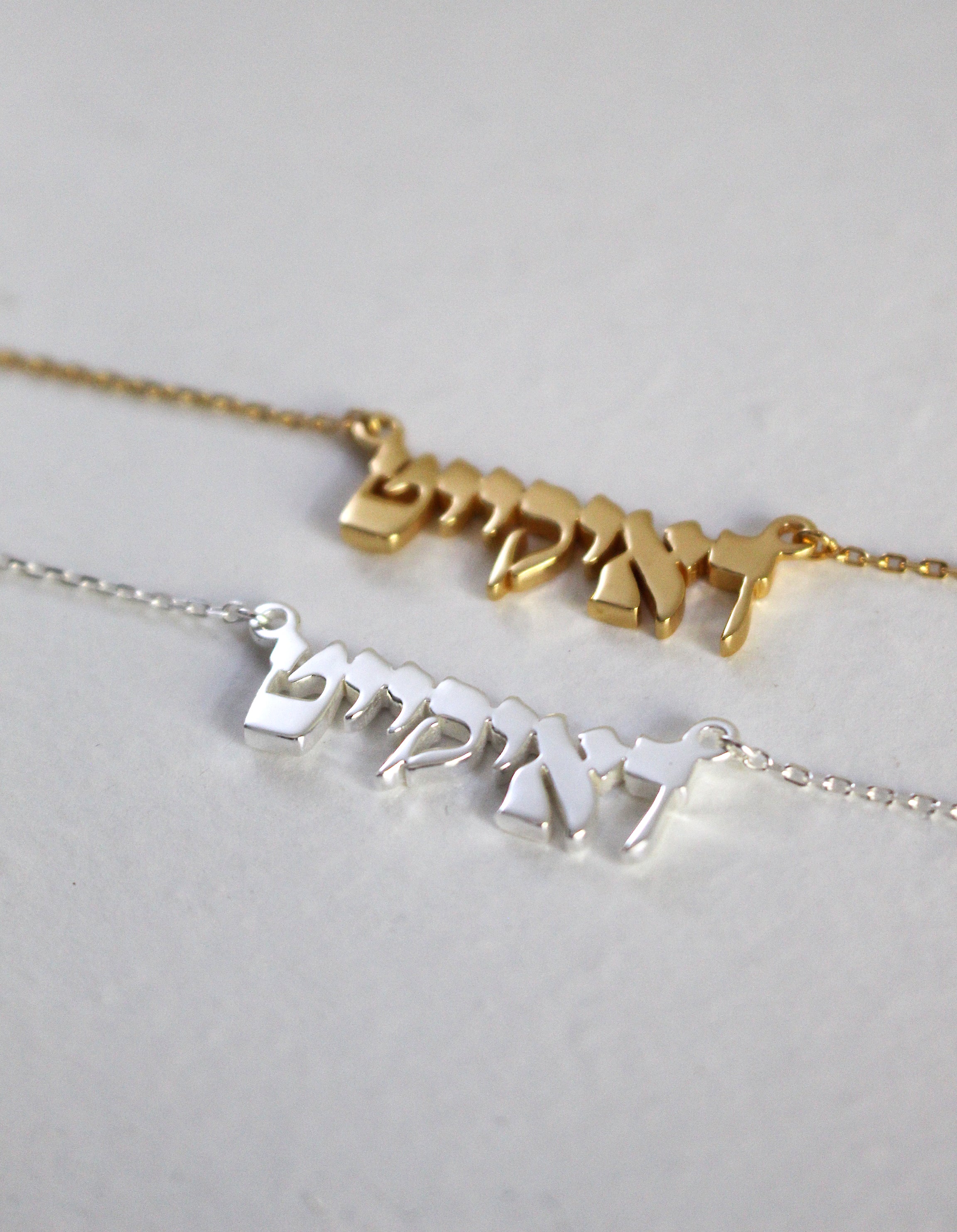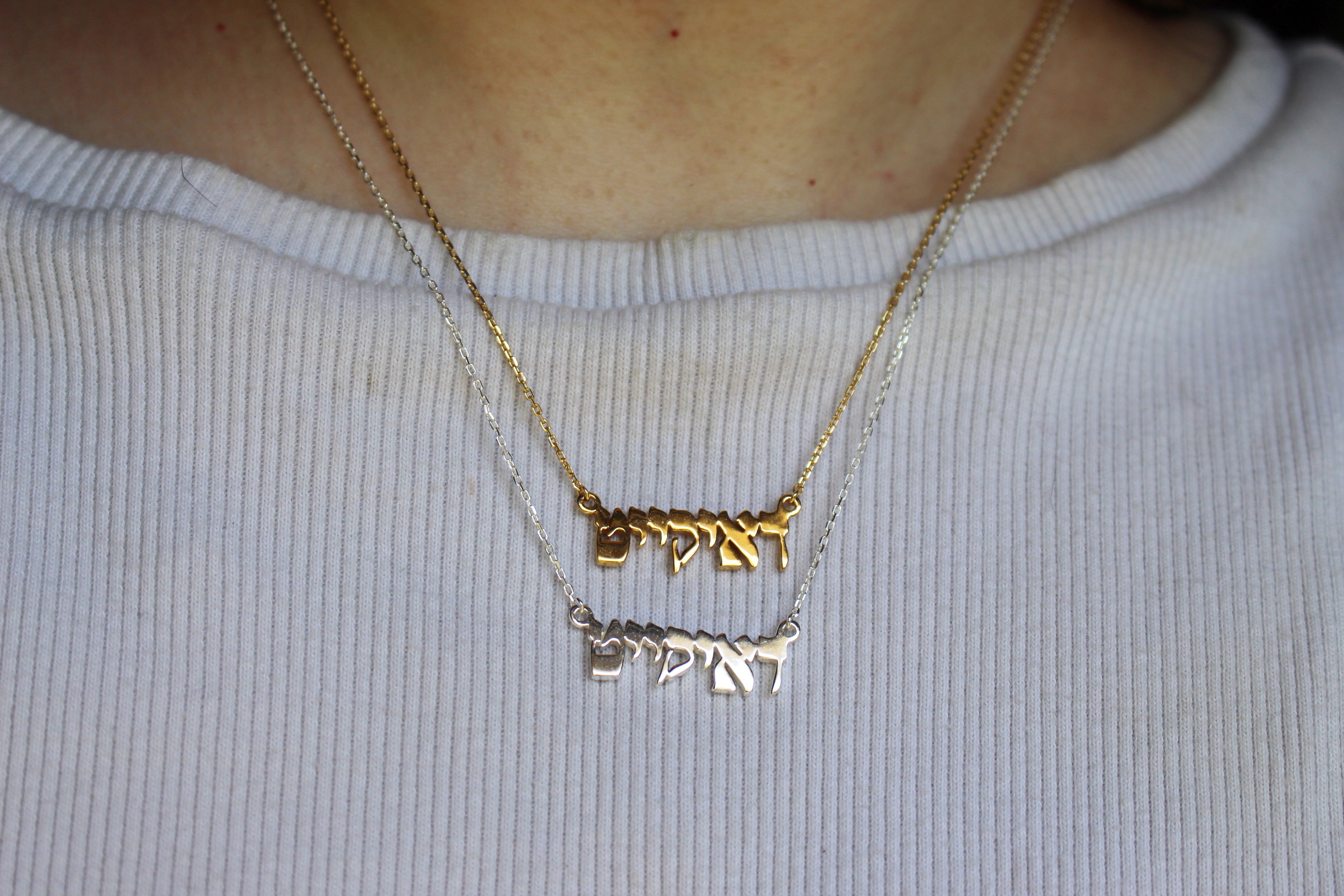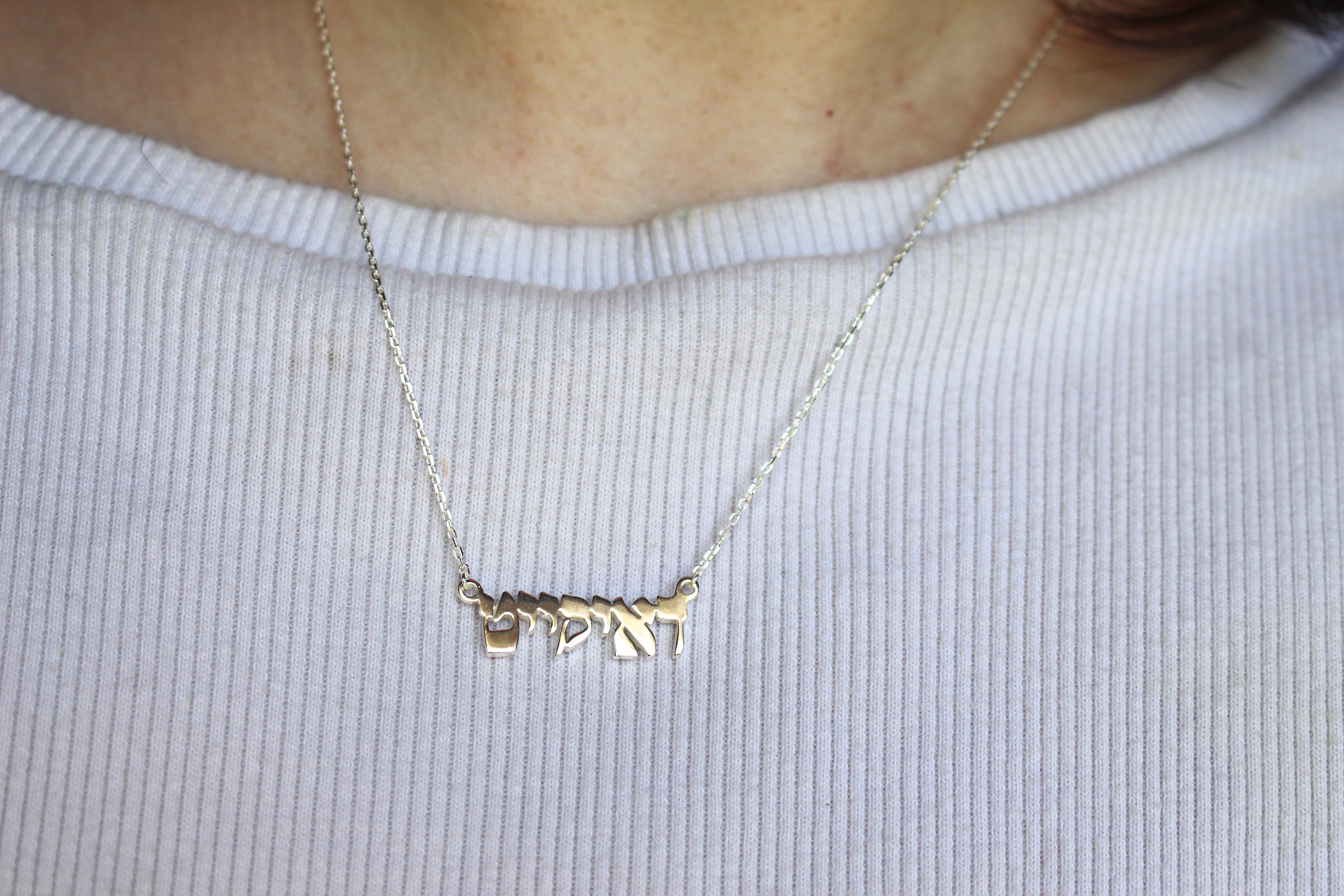Every year, the Jewish community comes out to do its favorite thing: debate. Like all good Jewish debates, it is, at its core, good-natured. It worries for our future, rages for our past, and bemoans the latest scourge to befall us.
This season's scourge boils down to a few problems: Channukah being the one holiday that non-Jews know, non-Jews thinking Channukah is "Jewish Christmas", and the (often offensive) commercialization of Channukah.
And as a result, arguments from Jews appear every year: Chanukah is a minor holiday! It isn't even important! We don't even care about it! Who cares about Channukah? It's a silly little holiday! The list goes on.
These arguments are often good-hearted, an attempt to correct the misinformation and convey, in the simplest terms, that Channukah is in no way equivalent to Christmas, and it is weird and frustrating to watch it be bastardized and commercialized in the way that it has been.
But what if this methodology causes more harm than good in the long term?

Judaism is, in so many ways, an enigma. You can count the times we have said it: two Jews, three opinions. Channukah is a minor holiday in the context of Judaism. But that doesn't mean that it isn't a significant holiday to Judaism and, most importantly, to the Jewish people. Jewish holidays gather their significance in several ways, and Channukah does not check the boxes of being commanded in the Torah or bringing us to attaining extreme spiritual heights like one achieves on Yom Kippur or Purim. It isn't a new year like Rosh HaShanah, and it isn't the commemoration of the Exodus like Passover. It isn't a massively religiously significant holiday. Many things can be true at once: Chanukah can be a relatively minor Jewish holiday, but it can also hold great significance to Jews. These things do not have to be in conflict.
The argument of "it isn't important at all" merely sets to diminish Channukah instead of putting it in its rightful ranking of Jewish holidays as a meaningful holiday; however, not one that can be compared or conflated with Christmas as it stands in regards to importance to Christians.
Many arguments try to state that Channukah has no spiritual significance. This is, of course, false. Channukah has profound spiritual significance, but does it even need spiritual relevance to be necessary to Jews? During just the first 15 minutes of research, we landed with fourteen tabs open, dozens of citations ready to be included to discuss the Kabbalah of the candles, the importance of the oil, the traditions we carry, and how they are spiritually important to Jews: but does that matter in the context of arguing that we deserve to exist as we are in the world of Christian hegemony
Christianity need not argue why it is spiritually significant for Starbucks cups to be turned red. There are no arguments about the spiritual significance of why you cannot walk from one store to another in the mall without being subjected to Holy Night or Noel, Noel. There is no justification of 'but here is the deeper esoteric meaning of candy canes' when cartoon versions are inexplicably placed on the envelopes sent out by your bank. Christianity gets to exist as it is.
But Judaism does not. Non-dominant religions do not.
Chanukkah does have spiritual significance; it contains great kabbalistic knowledge and teaches many wondrous lessons. But it is also culturally relevant. For many Jews, Channukah is a reminder of resistance to assimilation out of fear; a reminder that Judaism is beautiful and wondrous, and that in the most vicious time of year (historically, Christmas time has been a time of extreme violence against Jews) there is still joy, resilience, and miracles to be found in Judaism. There is, of course, more to the story of Channukah than that; but to those are the bare bones of cultural importance, which is often tossed aside and discarded in this battle between commercialization and the stripping down of holidays.
The comment that Channukah is a minor holiday is a fine one: it's true. But the commentary usually doesn’t end there, nor is it often the best rebuttal to the commentary at hand. Let’s say they began to capitalize on Passover, an irrefutably vital holiday within Judaism, in the same manner as they do Channukah. What argument, then? Why not begin our opposition to the bastardization of our religious holidays in earnest with Channukah rather than simply brush it off as ‘unimportant’? The flippant response often feels great in the moment; lambasting them with an intimate knowledge of the intricacies of our calendar, but what then? There is an unintentional impact of making Channukah seem unimportant or insignificant. No good can come from diminishing and belittling our own holidays further than the truth. It isn’t unimportant. We need not sneer at our own traditions out of frustration with Christian hegemony which sees us as the next thing to absorb.
The arguments against Channukah often end with a final, triumphant line about "well, gifts weren't even traditional!". Did you know that the Bat Mitzvah in the USA is about 100 years old? The first recorded Bat Mitzvah ceremony in the US was performed in 1922, just 100 years ago. The Bar Mitzvah ceremony as we know it today didn't come to its skeletal roots until roughly the 14th century, though it depends on the community. Jewish traditions have always grown and changed, as much as we are loathe to admit it as a community. The inclusion of gift-giving during the holiday does not take away from the significance of the holiday, nor does it degrade the validity of the holiday as a whole.
At the core of the issue, we must understand that living under Christian hegemony forces non-Christians to exist in a solar system revolving around a Christian sun (ironically, the dominant calendar we used is a Christian calendar that revolves around the sun). As Christmas was commercialized, it became popular to commercialize Channukah, the only Jewish holiday close enough to capitalize off of, even if only for offensive Channukah Gnomes or "Mensch on a Bensch".
To feign inclusivity, Channukah began getting lumped in with Christmas--Throw one dreidel song into the playlist of 60 songs about baby Jesus, add a blue star to the Christmas tree, and call it 'the holiday party' instead of 'the Christmas party' to avoid HR complaints. Not to mention that the public work and school world in the majority of the Western world is based on the Christian calendar: Easter and Christmas break were and are commonly used instead of Spring and Winter breaks. The inclusion of Channukah into the ‘holiday season’ wasn’t a genuine move to highlight Jewish religious beliefs but rather to attempt to absorb them into the amoeba of Christian hegemony.
We shouldn't do the work of erasure for others when discussing Judaism, attempting to right the wrong of commercialization with the degradation of our holidays and festivals.
We would be remiss to ignore how Jews play into the popularization of Channukah: for so many of Jews, Channukah is one of their favorite holidays. It doesn’t include fasting or long hours standing in shul; it isn’t a holiday that forbids work or electricity. It’s a festival that includes fried foods (who can say no to latkes? Buñuelos? Sfenje? Sufganiot?), playing games (and not just dreidel! There are loads of Channukah games!), singing songs, and for a lot of Jews: gifts.
This holiday has become a staple for many Jews, and perhaps commercialization has made it even easier to enjoy. When Jews are attempting to connect, it is a lot easier when surrounded by the ambiance of the holiday. For a rural Jew without a community, their local big box store selling kitschy pendant flags to hang up on their wall saying “Happy Hannukah” may find it easier to get in the festive spirit than to get into the spirit of Purim when all they have to look forward to is a glitchy Zoom meeting to listen to a Megillah reading that will pause and skip halfway thorough.
This is not necessarily a defense of the commercialization of Channukah--the capitalization and bastardization of Channukah, particularly the stereotyping and Ashkenormativity that takes place in the design headquarters of big box chains and corporations, is dangerous and harmful. But the overall easy access to Judaica and Jewish decor can be greatly helpful for Jews who do not live in the Jewish hubs of the world, meaning that many Jews have an appreciation for seeing it appear on their shelves. It can provide access and accessibility to so many Jews, and this perspective is often ignored in light of our desire to shut down the horrors of the Channukah Gnome.
There are many holidays more religiously significant than Channukah--there are holidays that I would argue are even more fun than Channukah (Purim is a fever dream of delightful spite, cookie eating, drinking, and costume wearing!), and it isn’t the only long festival (Hello, tiny hut holiday!)--but it doesn’t deserve to be punished for the actions of Christian society and mega-corporations.
Judaism has enough critics, enough naysayers, and enough people willing to lie in order to degrade and diminish it; why add to the fray by further diminishing the light of Judaism and shoving down Channukah?
Instead, combat misinformation with truth. Combat the conflation of Christianity and Judaism with education. Fight against it being the only Jewish holiday people know about by teaching others about the Jewish calendar and the wheel of festivities as it turns. Share posts about each and every Jewish holiday (you don’t even have to make them! Your favorite Jewish accounts have already done it for you!). As much of the knowledge of holidays starts young: make sure your local library has a story time with books for each Jewish holiday. If they don’t have any in stock, request or donate them. Make sure your child's schools don’t do ‘cultural tourism’ and ensure that there is a well-rounded program in place that teaches that there are many Jewish holidays. You can even volunteer to build a Sukkah for your school or teach traditional paper cutting for Shavuot. If your sole frustration is that you wish your favorite Jewish holiday received the same loud branding that Channukah does, be part of the Jewish world that creates works for Jewish holidays.
Channukah is a joyous holiday, one that can easily be used as an opportunity for education. Degrading it needlessly serves to only harm us moving forward.
Sources:
https://www.npr.org/2022/03/17/1086733010/bat-mitzvah-turns-100-coming-of-age-jewish-girls#:~:text=Since%20about%20the%2014th%20century,didn't%20happen%20until%2019







